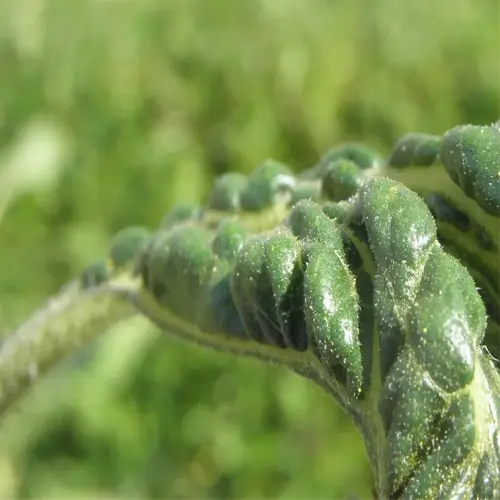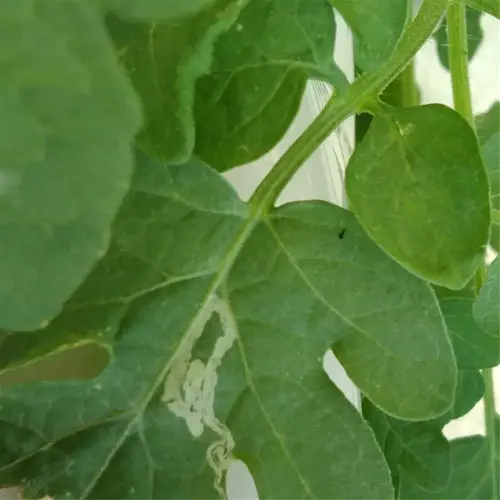How often should I water after treating root rot?

Written by
Tina Carter
Reviewed by
Prof. Charles Hartman, Ph.D.When it comes to watering after treating a case of root rot, it's all about being careful. I tried to care for my fiddle leaf fig plant, but it relapsed after just several weeks of yellow leaves. My new method is waiting until the top 3 inches of soil dry out and crumble. A moisture meter has become my best friend during this process because it lets me know when I have a moisture pocket below the topsoil that I cannot feel with my fingers.
Tools You Need
- Analog moisture meter: $12 models work better than pricier digital ones
- Wooden chopstick: Insert into soil, stickiness indicates moisture
- Calendar tracker: Log watering dates to spot patterns
Seasonal Adjustments
- Summer: Water every 10-14 days (check top 2 inches)
- Winter: Stretch to 21-28 days (check top 3 inches)
- Humid climates: Reduce frequency by 30% vs. arid zones
Red Flags
- Wilting despite wet soil: Root re-infection likely
- White crust on soil: Mineral buildup from overwatering
- Musty odor: Fungal resurgence, repot immediately
I helped a client's monstera rehabilitate by putting it on a 21-day winter dry spell. During that time, its roots regrew thicker and stronger, which made it resistant to rot. This experience is far better than my previous mistake, where I watered it every week "just in case", which can be a death sentence for a monster that is recovering. Use the meter, not your nerves.
The type of soil is truly transformative! My cactus soil completely dries in about 5 days; however, my peat-based soil has moisture for approximately 3 weeks. So, once I treated the rot, originally my indoor plant mix was peat-based, so I changed all of my plants over to a chunky orchid bark mix. I noticed that I doubled my watering intervals and reduced my relapse rates by 80%.
Read the full article: How to Treat Root Rot: 7 Essential Steps to Save Your Plants

